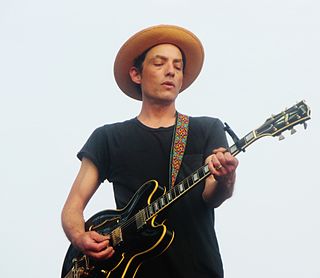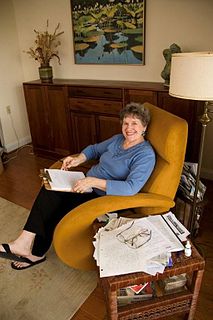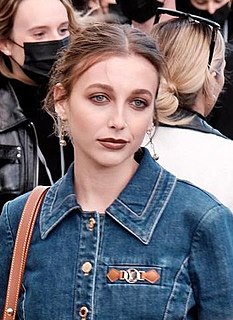A Quote by Pete Hamill
Related Quotes
I edit as I go. Especially when I go to commit it to paper. I prefer a typewriter even to a computer. I don't like it. There's no noise on the computer. I like a typewriter because I am such a slow typist. I edit as I am committing it to paper. I like to see the words before me and I go, "Yeah, that's it." They appear before me and they fit. I don't usually take large parts out. If I get stuck early in a song, I take it as a sign that I might be writing the chorus and don't know it. Sometimes,you gotta step back a little bit and take a look at what you're doing.
The process is always the same. I get an inspiration for a new song, I put it down on paper immediately so I won't lose it. When I am ready to go to the studio with it, I play it a few times on the piano and edit, add, and type the lyrics and take it to the studio. Sometimes I don't have anything on paper.
In TV, you are much more likely to see the episode closer to the script as written - in terms of the order of the scenes - than you would in a movie, and here's why: you don't have as many days to edit. You have 10 to 12 weeks or more to edit a feature, and you have four days to edit TV. That's a huge difference.
Anyone of any age, any race, any background, any education - if they write an interesting enough book - can become a published author. What it takes is imagination, the ability to put words on a paper in an interesting, perhaps even unique way, the fortitude to rewrite, rewrite, rewrite, and polish, edit, polish, edit until the story sort of sings. I think everyone has a story inside him, but only a few have the persistence and, of course, the interest, to write it down and see it through.





































